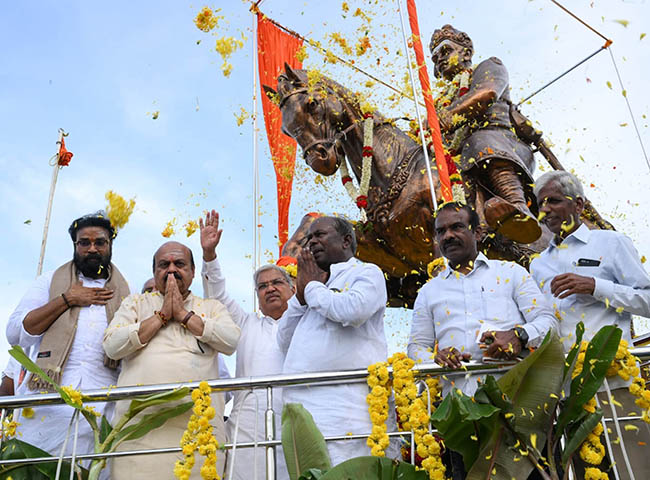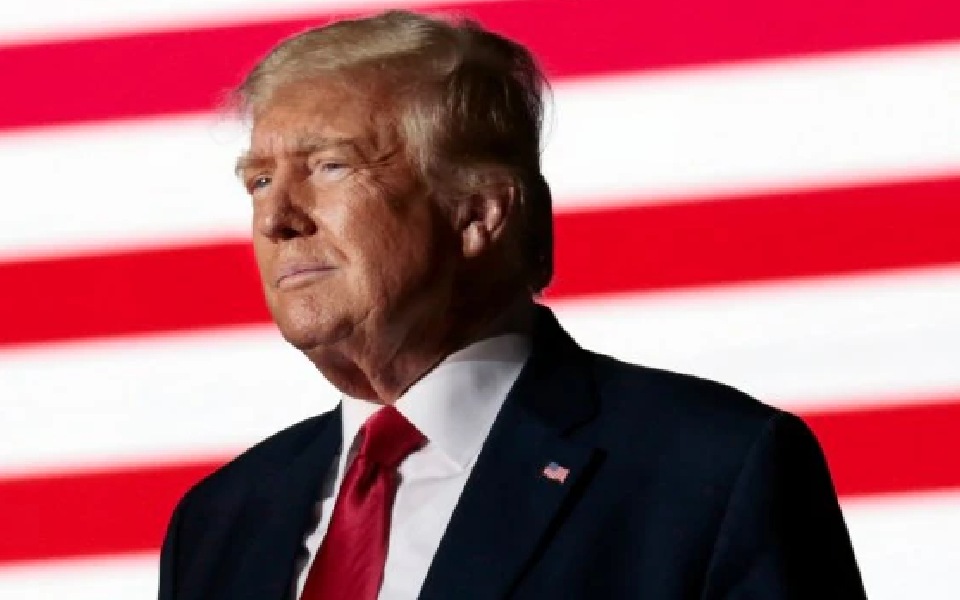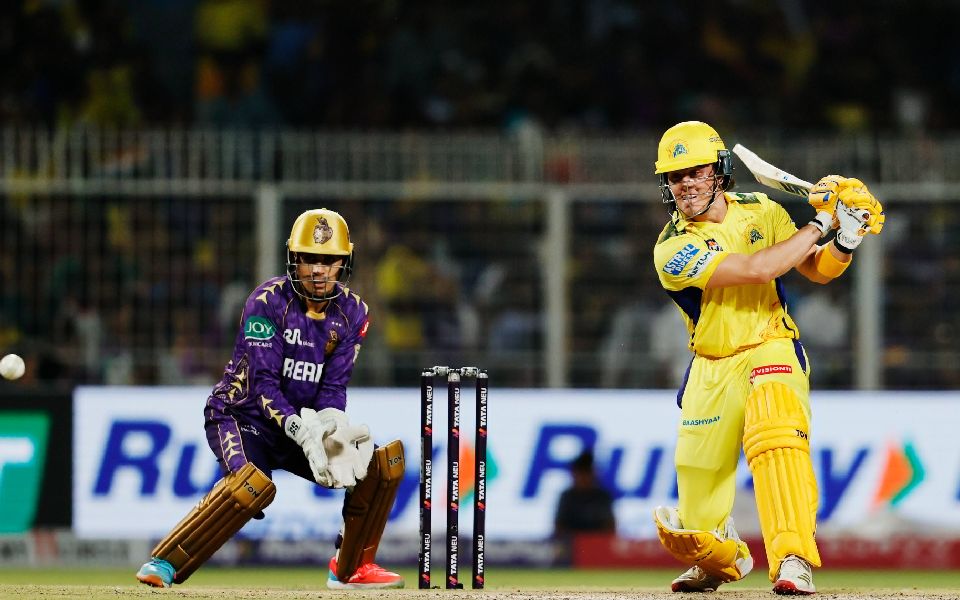New Delhi, Oct 8: Karnataka Chief Minister Basavaraj Bommai exuded confidence on Friday that he will complete his term and lead the BJP in the 2023 state Assembly polls with the backing of the central leadership and strong party principles.
Admitting that certain lobbies tried to dominate the southern state's politics with money power in the past and are doing so even now, he said the "silver lining" is that the people of Karnataka have overthrown them with their mandate.
While leaders from the Lingayat community have played a key role in building the BJP in Karnataka, a lot of people from other castes like Vokkaliga, SCs, STs and OBCs have also joined the saffron party and are contributing a lot, Bommai said.
Addressing the "India Today Conclave" here, he said he is "most secured" since his childhood when asked if he has any fear of his government being toppled overnight like it happened in the state in the past.
The BJP leader said his father S R Bommai's tenure as the Karnataka chief minister lasted for only nine months as the Janata Party, which he belonged to, did not have a strong leadership at the Centre.
"Now, with my leader Prime Minister Narendra Modi, (Union Home Minister) Amit Shah and (BJP chief) J P Nadda, we have not only got a strong central leadership but also strong party principles. I am sure that with all these factors behind me, I will not only complete this term, I will lead Karnataka upfront and bring the BJP back to power," he said.
Stating that the BJP functions in a democratic way, Bommai said, "Our principle is a strong Centre and strong states, and that makes a strong nation. All the timely changes are the need of the hour. It is not a question of any dictatorship."
On a question on the BJP-ruled states turning to Delhi for decision making, he said, "For administration, there is no question of looking at Delhi. But there are certain issues, where you have to consult. Consultation does not mean you look upon Delhi or look down Delhi. Consultation is an ongoing process."
On the trend of frequent shifting of MLAs from one party to another and yet winning elections in the state, Bommai said "changing sides" and parties has been there since the days of veteran Congress leaders S Nijalingappa and Veerendra Patil.
Even leaders like Ramakrishna Hedge and S R Bommai had to quit and join the BJP, he said, adding, "The course of politics and leadership has guided all these changes."
Bommai further said spending a huge amount of money in elections and the role of lobbies were always there in Karnataka.
"I should admit that there were and there are lobbies in Karnataka politics. Earlier, there was an excise lobby, then came the granite lobby and the education lobby. In between, we had a mining lobby. All these lobbies always try to dominate the state's politics with money power. That has disturbed the right kind of polity in Karnataka. Not only in Karnataka, but in several states," he said.
However, the people of Karnataka "have always overthrown them and brought the government back with people's mandate. That is the silver lining in Karnataka's politics. All the credit should go to the people of Karnataka", he added.
On frequent changes of chief ministers of BJP-ruled states, including B S Yediyurappa, Bommai said, "Change is permanent.... Yediyurappa is such a strong leader. I think only he could have decided his future course of action."
Yediyurappa single-handedly built the BJP in Karnataka, he said, adding, that the veteran leader has fought and won many battles for the saffron party in the southern state.
"He is never tired. However, he chose to pave the way for the next generation. When he was at the helm of affairs and strongly placed, he voluntarily made way for the next generation. That is the culture he brought in and that is the culture of the BJP," Bommai said.
Let the Truth be known. If you read VB and like VB, please be a VB Supporter and Help us deliver the Truth to one and all.
New Delhi: Vaishna Roy, the editor of Frontline magazine under The Hindu group, is facing severe trolling on social media after she wrote on the naming of India’s recent counter-terror strike as “Operation Sindoor.”
Earlier this morning, under “Operation Sindoor,” Indian forces reportedly carried out strikes on nine terror camps—four inside Pakistan and five in Pakistan-occupied Jammu and Kashmir (PoJK). According to reports, over 80 terrorists were killed in response to the recent Pahalgam terror attack in which 26 tourists were killed by Pakistan-backed militants.
The name “Operation Sindoor” refers to the traditional vermilion mark worn by Hindu women as a symbol of marriage. Roy, in a post on X, wrote: “On principle, I object strongly to the label Operation Sindoor. It reeks of patriarchy, ownership of women, ‘honour’ killings, chastity, sacralising the institution of marriage, and similar Hindutva obsessions.”
Following this post, Roy was heavily trolled by several right-wing accounts online. In support of her, journalist Neha Dixit posted, “Agree with @vaishnaroy and in complete solidarity. Shame on the trolls.”
Another user, @SanjuktaChoudh5, wrote, “I stand with @vaishnaroy. She is perfectly right in what she has written. I too echo here.”
Senior journalist Paranjoy Guha Thakurta also came out in support, saying, “The editor of ‘Frontline’ Vaishna Roy is being viciously trolled by shameless Right Wing trolls for her Tweet – please spread it far and wide.”
Amid the controversy and trolling, Vaishna Roy has reportedly locked her X account.





